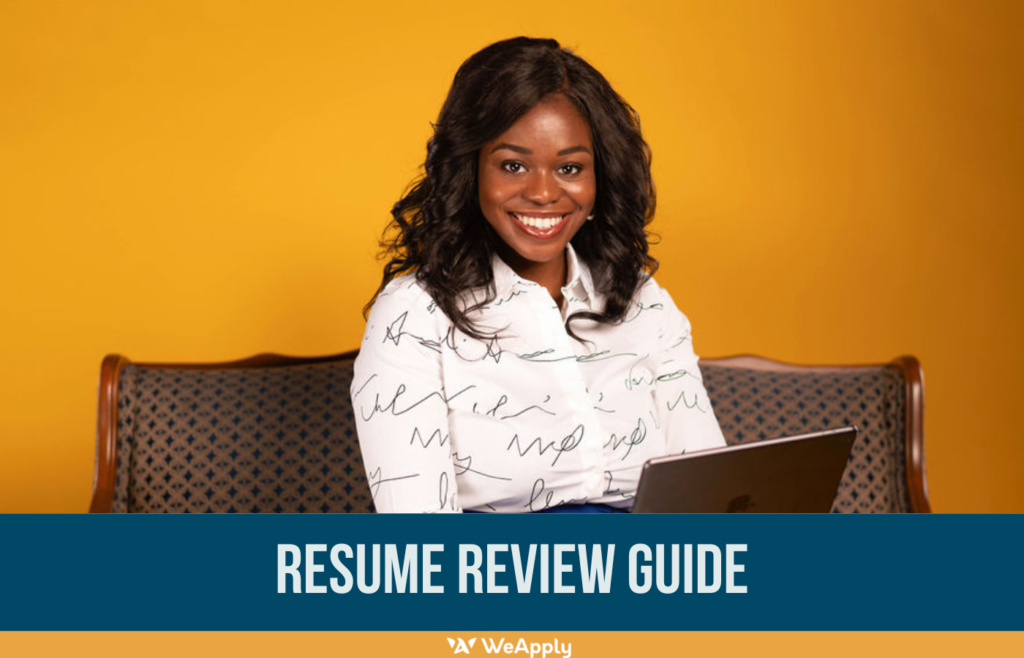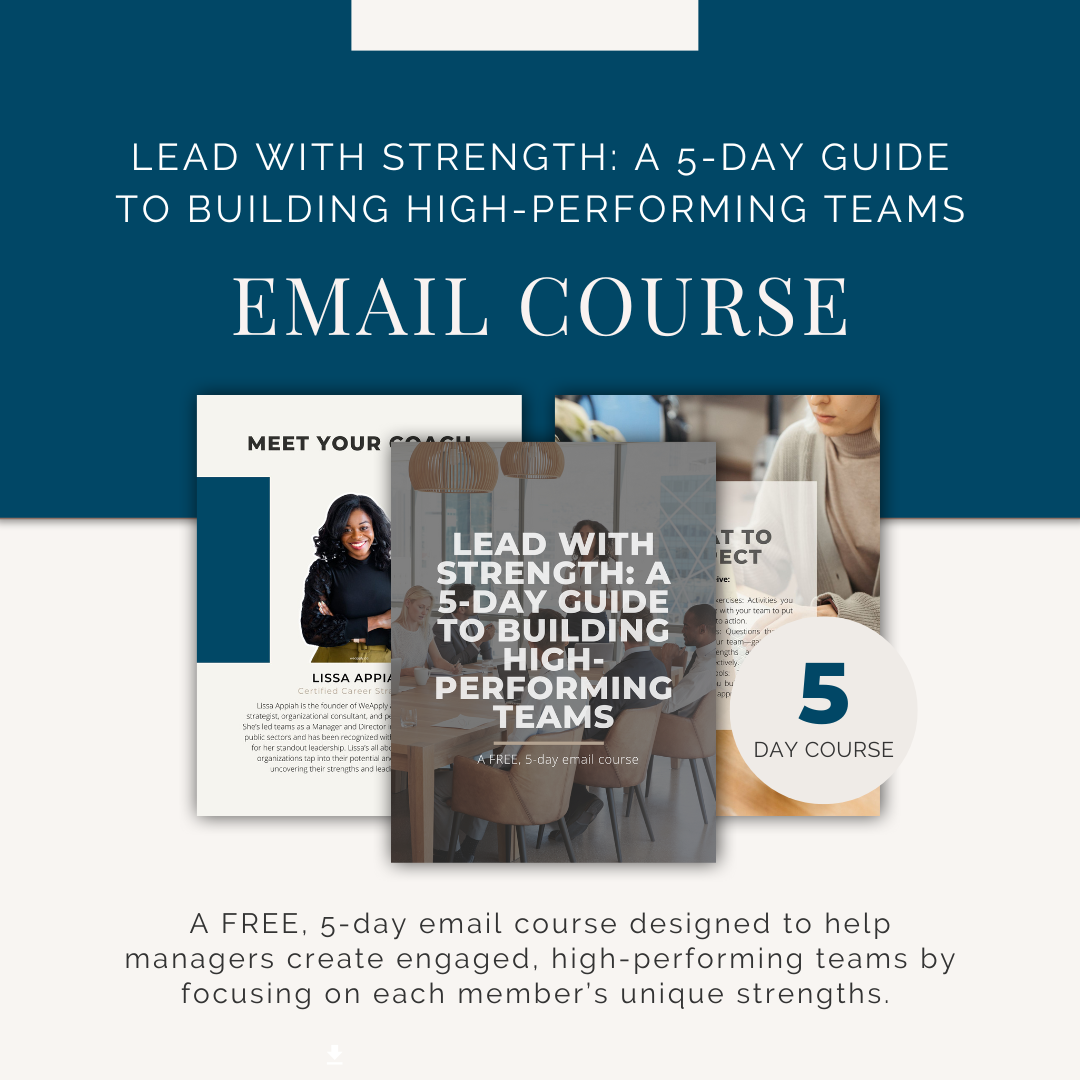You’ve got the skills and experiences necessary to excel in the job, and you know that if you can just get half an hour to chat with the hiring committee, you’ll be able to build a great case. However, there is one barrier between you and this chance – your resume. Many of us have finely tuned resumes that we’ve worked on for years. Others may feel like their resume needs to be tweaked a bit to get into optimal condition. Let’s take a look at some tips for how to write a winning resume.
Remember the Why
When it comes to creating a resume, it is important to remember why the document exists. This is not an autobiography that contains every single detail about your career. Rather, it is a marketing document that has the goal of motivating an employer to pursue your candidacy. Too many times, people put far too much information – some of it often irrelevant to the job they’re applying for – on their resume.
In many ways, a resume should be clean, clear, and concise. It needs to highlight your major selling points and detail your accomplishments. Focus on what is important for the specific job you are interviewing for. What will they be most interested in out of the things you have done? Doing a bit of audience analysis can help you determine your potential employer’s buying motivators, helping you sell yourself to them. After all, you are the product!
Tailor Your Resume Based on Your Target
One mistake that most people make is having one standard resume that is used for every opening. This simply does not make sense as different types of roles require different skills. Instead, it is often helpful to create a unique resume for each major type of role.
For example, if you are interviewing primarily for data analysis and machine learning roles, these two fields are different enough that you should have different resumes for each even though some sections may overlap. Having too generic of a resume can cause an employer to not see the connection between your experience and the opening that they have.
Include the Right Components
Any resume should have a professional summary or summary of qualifications. This is an important aspect of a successful resume because it provides employers with a clear place to get a high-level overview of the skills you will bring to the job. For hiring managers who only have a brief time to skim your resume, this will ensure that the most important things are easily found and communicated.
You’ll also want to provide roughly a 10-to-15-year snapshot of your career. When you discuss your prior roles, fight the urge to list your job responsibilities. Instead, list your accomplishments while leading each statement with an action word. This will better communicate your value to an employer. What did you do well? How did you make a difference? Adding in metrics can be particularly useful for conveying the scope of impact. For example, “streamlined a redesign process that saved the company $250,000 over five years” is a great resume bullet point.
You can look at our recent blog post ‘120 Powerful Resume Action Verbs to Strengthen Your Resume’ for examples of resume bullet points and action verbs to start each statement. Read it here.
Write for Both Tech & People
Many modern resumes are initially screened by artificial intelligence systems that put them into a database and score them based on the presence of key phrases related to the job’s needs. Thus, you want to be sure that your resume is optimized for this. How do you know what key phrases to include? Look into the job description for major words and phrases aligned with the core competencies of that role.
While inserting these key phrases into your resume is important, it should not be done at the expense of readability. After all, if you are passed on to a hiring manager, an actual person will see your resume and it needs to be well-written for people as well. Thus, ensure that your resume flows and makes sense. Giving an extra read after inserting keywords is a great way to ensure things are looking good.
Final Thoughts
Writing a resume is a mixture of art and science. However, these core tips can help you on your way towards writing a winning resume for your dream job!

The resume review guide is a checklist that helps you assess how well your resume meets today’s standards.
It also suggests areas of improvement to help you craft a quality resume.
Grab your FREE guide today to catch recruiters’ attention here.


